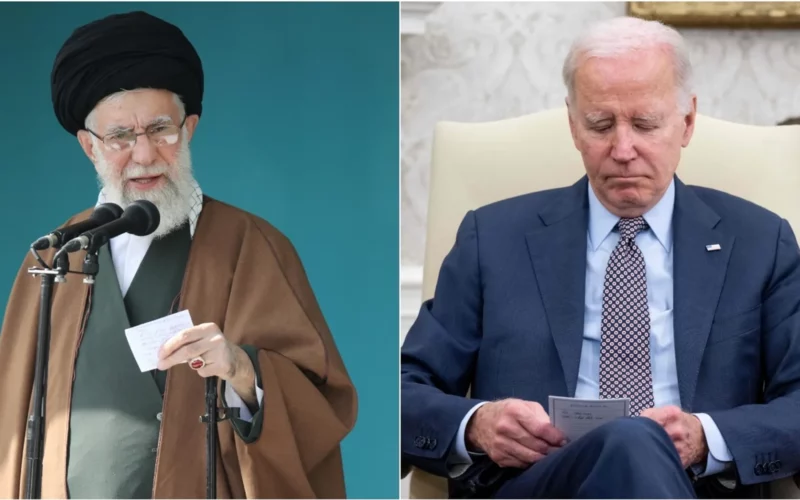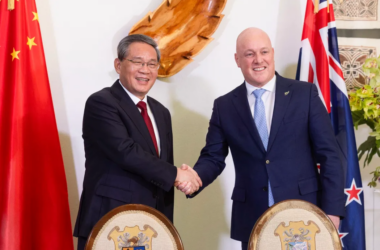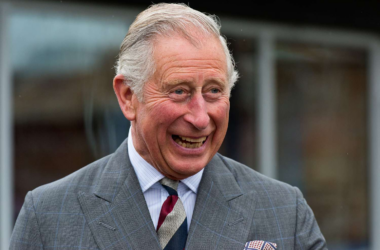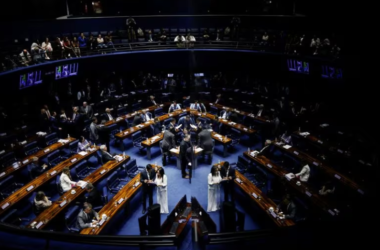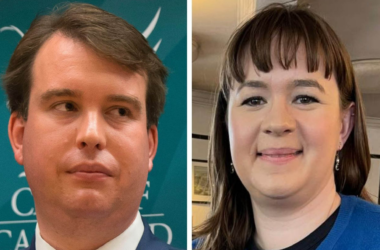The Islamic Republic of Iran has escalated tensions with the Biden administration and the United Nations by advancing its uranium enrichment program, a move perceived as retaliation against a recent mild rebuke from the U.N. watchdog agency regarding Iran’s covert nuclear weapons activities.
The International Atomic Energy Agency (IAEA) confirmed that its inspectors had verified Iran’s commencement of uranium enrichment in three cascades of advanced IR-4 and IR-6 centrifuges at the Natanz facility. These cascades, groups of centrifuges spinning uranium gas to accelerate enrichment, have achieved up to 2% purity so far. Iran is already enriching uranium to 60%, a technical step away from the 90% purity required for weapons-grade material.
Last week, former Israeli Defense Minister Avigdor Lieberman warned that Iran is “planning a Holocaust for us in the next two years,” highlighting the severe concerns over Iran’s nuclear ambitions.
In response, U.S. State Department spokesperson Matthew Miller stated, “Iran aims to continue expanding its nuclear program in ways that have no credible peaceful purpose. These planned actions further undermine Iran’s claims to the contrary. If Iran implements these plans, we will respond accordingly.” However, Miller did not specify the actions the U.S. might take.
Behnam Ben Taleblu, a senior fellow at the Foundation for Defense of Democracies (FDD), criticized the U.S. approach, emphasizing that “Washington must aggressively enforce oil and petrochemical sanctions and militarily threaten what Tehran holds dear in the region to reset the impression in the minds of the Islamic Republic’s decision-makers about U.S. and Western resolve.”
A State Department spokesperson reiterated the U.S.’s grave concerns about Iran’s nuclear program, stressing that Iran’s actions speak for themselves and fail to demonstrate the program’s peaceful nature. The spokesperson also highlighted the need for international cooperation to ensure Iran’s program remains peaceful, particularly as a crucial deadline approaches in October 2025.
Despite these international pressures, Iran plans to install additional advanced centrifuges at its Natanz and Fordo nuclear sites, enhancing its enrichment capabilities. Ali Shamkhani, an advisor to Supreme Leader Ayatollah Ali Khamenei, stated on social media that Iran remains committed to nuclear safeguards but will not bow to external pressure.
Since the U.S. withdrawal from the 2015 nuclear deal in 2018, Iran has progressively pursued enrichment levels just below weapons-grade, maintaining that the deal allowed it to advance its nuclear capabilities. This ongoing development continues to raise alarm within the international community, underscoring the urgent need for a sustainable solution.




